Smith and Roberson’s Business Law International Edition 15th Edition -Test Bank
Chapter 4—Constitutional Law
TRUE/FALSE
1.The Bill of Rights was included in the original U.S. Constitution.
ANS: F PTS: 1
2.According to the U.S. Constitution, the federal government is a government of enumerated, or limited, powers, and a specified power must authorize each of its acts.
ANS: T PTS: 1
3.A law is not valid unless it complies with the U.S. Constitution.
ANS: T PTS: 1
4.The U.S. Supreme Court can invalidate a law if it conflicts with the U.S. Constitution.
ANS: T PTS: 1
5.Generally, the legislative branch of government has the power to enforce the law.
ANS: F PTS: 1
6.The framers of the Constitution considered it unnecessary to include in the original document liberties that the people were to keep for themselves because the framers thought the people were retaining everything.
ANS: T PTS: 1
7.Action taken by private citizens may constitute state action if the state has encouraged the challenged private action significantly.
ANS: T PTS: 1
8.The federal government’s authority to govern economic matters flows from the Commerce Clause.
ANS: T PTS: 1
9.The Supreme Court has defined the scope of the Commerce Clause narrowly and, therefore, has restricted the powers of the federal government to regulate business.
ANS: F PTS: 1
10.The Commerce Clause limits the power of states to tax.
ANS: T PTS: 1
11.The First Amendment allows free speech in any and all circumstances.
ANS: F PTS: 1
12.The rational relationship test, used by the courts to determine whether a certain governmental power exercised impermissibly encroaches upon an interest the Constitution protects, is the most exacting of the three possible levels of scrutiny used.
ANS: F PTS: 1
13.The First Amendment guarantee of free speech applies not only to individuals but also to corporations.
ANS: T PTS: 1







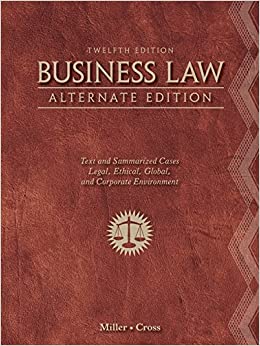
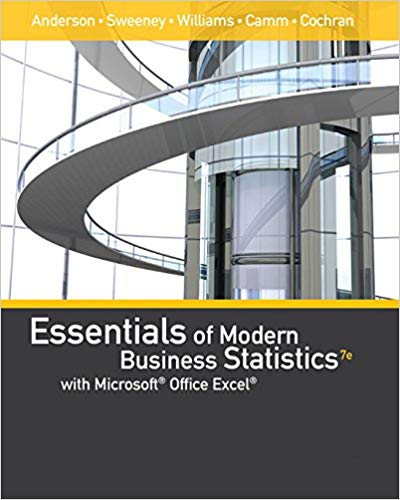

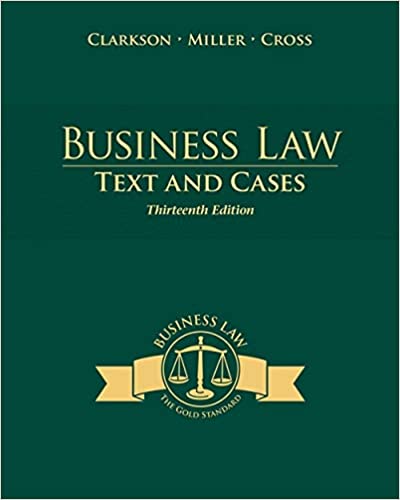

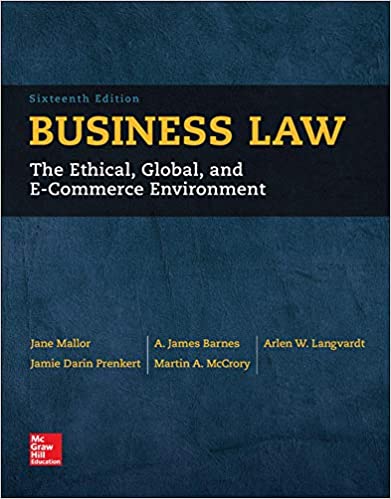
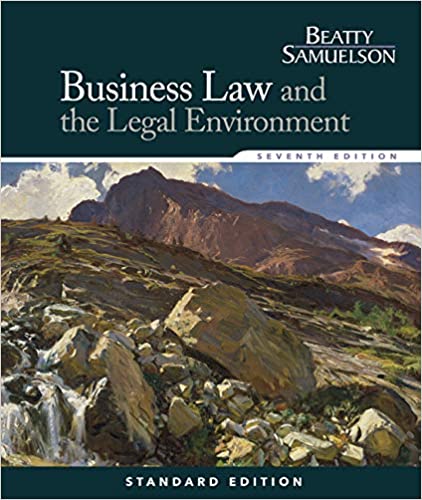
Reviews
There are no reviews yet.